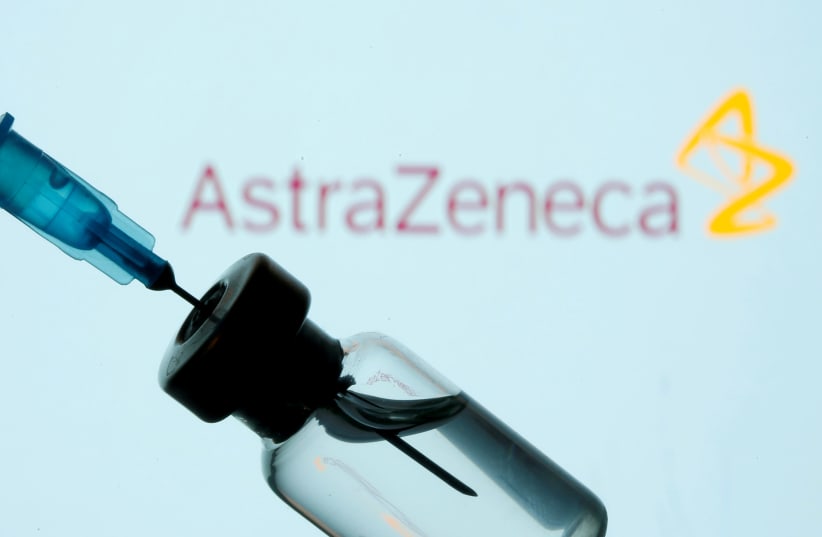The current policy in the United Kingdom is to administer the second dose around 22 days after the first dose.
However, delaying the second dose to 90 days may be more effective.
The first dose of the AstraZeneca vaccine grants 76% protection for a period of three months. Receiving the second vaccine after just 22 days saw the protection fall to 55%.
But those who received the second dose around three months later were observed to have 81% protection.
The findings are not without precedent, with the study noting that other vaccines, like those for the flu, Ebola and malaria, also provide greater protection after longer intervals between doses.
These findings may have significant implications for policy-makers, who need to better organize their vaccine rollout amid a limited supply.
"Vaccine supply is likely to be limited, at least in the short term, and so policy-makers must decide how best to deliver doses to achieve the greatest public health benefit," lead author Prof. Andrew Pollard of the University of Oxford said in a statement.
"Where there is a limited supply, policies of initially vaccinating more people with a single dose may provide greater immediate population protection than vaccinating half the number of people with two doses," he said. "In the long term, a second dose should ensure long-lived immunity, and so we encourage everyone who has had their first vaccine to ensure they receive both doses."
Oxford is responsible for developing the vaccine alongside AstraZeneca.
Most coronavirus vaccines, such as the ones made by Pfizer and Moderna, show high efficacy rates and also require intervals of around 21 days between doses.
